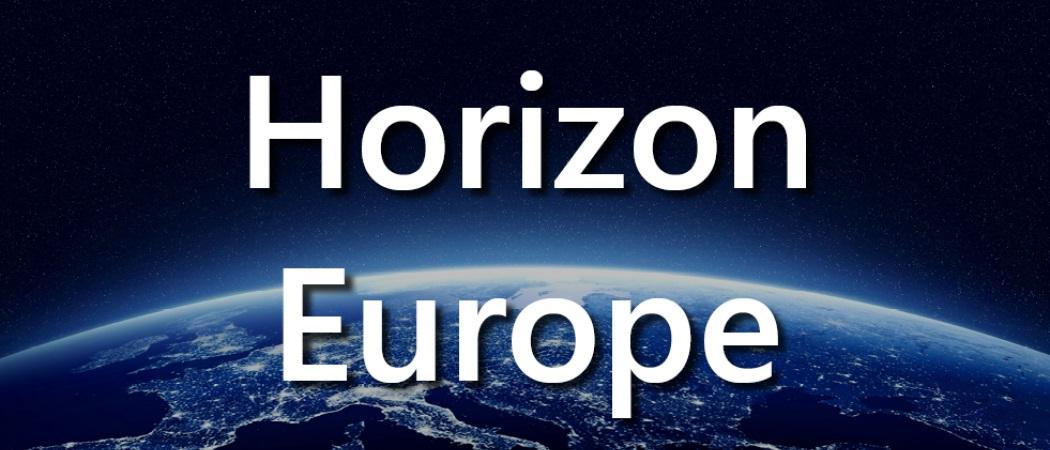MEPs are pressing the European Council to reach agreement on new levies to top up R&D budget, but member states want to bridge the remaining differences and reach a deal quickly

Member states are “extremely hesitant” to agree to increase the budget for Horizon Europe, Erasmus+ and other future-oriented programmes, German ambassador to the EU Michael Clauss has told MEPs. “Nevertheless, I am willing to try to convince the council to go the extra mile,” Clauss said in a letter to MEPs on Wednesday.
The statement comes ahead of another round of budget negotiations between the European Parliament, European Commission and the German presidency of the Council of the EU on Thursday.
The parliament’s budget negotiating team is making a last-minute push to secure additional funding for Horizon Europe and Erasmus+. MEPs have vowed to reject a deal on the EU’s multiannual budget that does not reinstate higher budgets for Horizon Europe and other forward-looking programmes, which were cut by EU heads of state in July.
The July deal saw the €94.4 billion proposed for Horizon Europe over the next seven years by the commission reduced to €80.9 billion (at 2018 prices).
In current prices, the budget agreed by research ministers last week is €90.9 billion, of which €85.5 billion will come from the 2021 – 2027 long term budget. The rest is from the new pandemic recovery fund, a temporary scheme running from 2021 - 2024 to fund top-down projects that tackle the pandemic and the economic crisis.
However, MEPs see the three-way budget negotiations as an opening to implement a deal on ‘new own resources’, which is code for the EU raising its own taxes. That would help the EU repay the €750 billion loan it has taken out for the pandemic recovery fund, and to top up existing programmes.
A new tax on plastics has been approved by EU institutions but is awaiting ratification by all member states. Another source of income would be a financial transaction tax (FTT).
José Manuel Fernandes, the parliament’s co-rapporteur on own resources, said every euro collected above the €750 billion loan should flow back into the EU budget. “That's one way of protecting the European funds and programmes,” he said.
MEPs fast-tracked and voted on the own resources plan during the September plenary session. But, before entering into force in January 2021, it needs to be ratified by the parliaments of all member states. Progress has been slow, as the council has yet to send the parliament a legally binding calendar to introduce the new levies.
Fernandes said the council is “endangering the swift entry into force” of the new levies and urged the German presidency to “hurry up and take a decision.”
“An area where we still need to make progress is the clear timetable as to when these own new resources are phased in,” said French MEP Valérie Hayer.
Portuguese MEP Margarida Marques, the parliament’s co-rapporteur on the multiannual budget, said the parliament could help speed up the talks if the council would agree that money from the European Development Fund would be used to increase annual ceilings in the Horizon Europe budget. “We have proposals where the council could work to move towards us on certain points,” said Marques.
Will MEPs succeed?
In the end, the parliament may be forced make concessions in order to ensure Horizon Europe and other programmes get off the ground on time at the start of 2021. According to an EU diplomat any delay would carry a heavy political price for the parliament, but a compromise could be found by the end of the year.
While large top-ups for Horizon Europe and Erasmus+ are not a realistic possibility, the parliament and the council could agree to find some additional money by negotiating an increase of ceilings within annual budgets, the diplomat said.
Sources in the commission are not very optimistic about getting more money either. “Top-ups are not going to be easy,” one source said.
EU commissioner Mariya Gabriel has already said the commission is interested in moving forward with the programme, and she accepted the budget deal agreed by research ministers last week.
The commission is also aiming to finalise its strategic plan for Horizon Europe by the end of the year to synchronise the goals of upcoming research funding calls with its overarching political priorities. A budget deal would also ensure that the first work programmes for 2021 and 2022 could be launched sometime in the first quarter of 2021.





 A unique international forum for public research organisations and companies to connect their external engagement with strategic interests around their R&D system.
A unique international forum for public research organisations and companies to connect their external engagement with strategic interests around their R&D system.